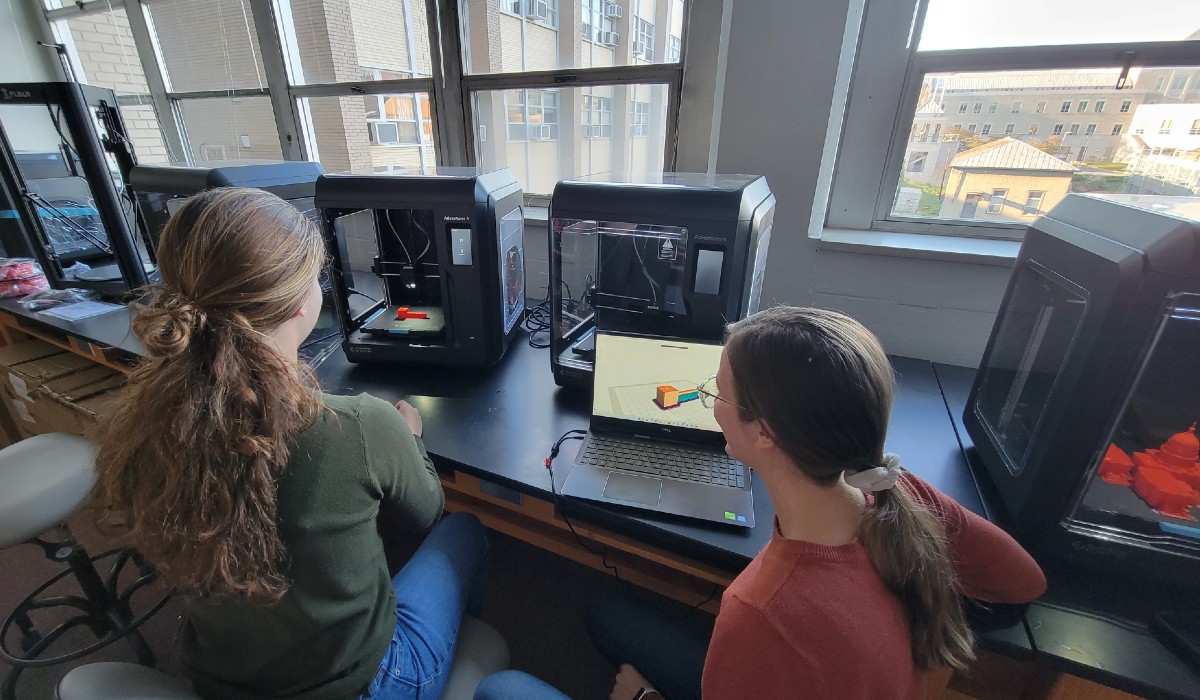Description of the Program
Modern structural engineering places strong reliance on applied mechanics and the computer. This emphasis is reflected in the graduate program in structural engineering offered at the Catholic University of America. The present areas of research emphasis in the Department are in structural dynamics and computer aided engineering. The work in structural dynamics proceeds along several fronts including the use of passive and active isolation systems in earthquake engineering applications. Research in computer aided engineering includes application of predicate logic to automated structural design, constraint-based design, geometric modeling, and engineering data bases. The success of such research has the potential to bring "intelligence" into CAD systems. The Department is also interested in educational reform in structural engineering using information technology (IT) methodology.
Degrees Offered
The program offers Master of Science (M.S.) and Doctor of Philosophy (Ph.D) degrees in Civil Engineering, for students with both engineering and non-engineering undergraduate backgrounds.
Program Course Listing
The following is a list of courses to choose use as building blocks for this particular program (bold type indicates required courses):
| CE 501 | Advanced Mechanics of Solids (3) |
| CE 502 | Introduction to Continuum Mechanics (3) |
| CE 503 | introduction to Elasticity (3) |
| CE 511 | Applied Plastic design and Limit Analysis (3) |
| CE 514 | Structural Dynamics and Earthquake Engineering (3) |
| CE 516 | Prestressed Concrete (3) |
| CE 519 | Theory of Elastic Stability (3) |
| CE 520 | Design of Structural Systems (3) |
| CE 524 | Matrix and Computer Methods in Structural Analysis and Design (3) |
| CE 611 | Emerging Computing Technologies and Applications in Civil Engineering (3) |
| CE 621 | Control and Monitoring of Structural Engineering Experiments (3) |
| CE 718 | Stability of Structures (3) |
| CE 719 | Nonlinear Methods in Mechanics (3) |
| CE 767 | Advanced Geotechnical and Structural Systems (3) |

